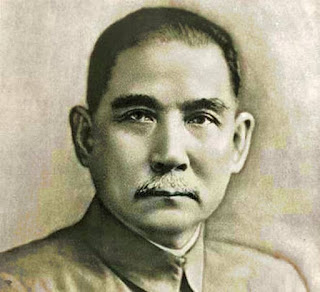On a Sunday afternoon in 1896, while on his regular stroll along the streets of London, the exiled Chinese dissident Sun Yat-sen was approached by fellow Chinese who he thought were interested only in conversation. It wasn’t until the door shut behind him that he realized he’d been steered into the Chinese legation by Qing officials. They had planned to smuggle him aboard a Chinese vessel, sail him back to China, and execute him for his involvement in a failed uprising the year before.
But Sun was just one leading member in what had become a global network of Chinese intellectuals and revolutionaries committed to reforming or overthrowing the failing Qing dynasty. Their ideas, at first crushed within the borders of the Qing, flourished abroad as dissidents founded like-minded communities in Hong Kong, Japan, Singapore, Australia, the United States, Britain, and elsewhere. The Chinese government still remembers that legacy today—and that affects its determination to control the Chinese diaspora worldwide and to crush any potential resistance from abroad.
Sun made it out of his improvised prison, thanks to British government intervention. He went on to direct numerous uprisings from abroad, eventually culminating in the overthrow of the Qing and the establishment of a new Republic of China in early 1912, with himself as provisional president.
